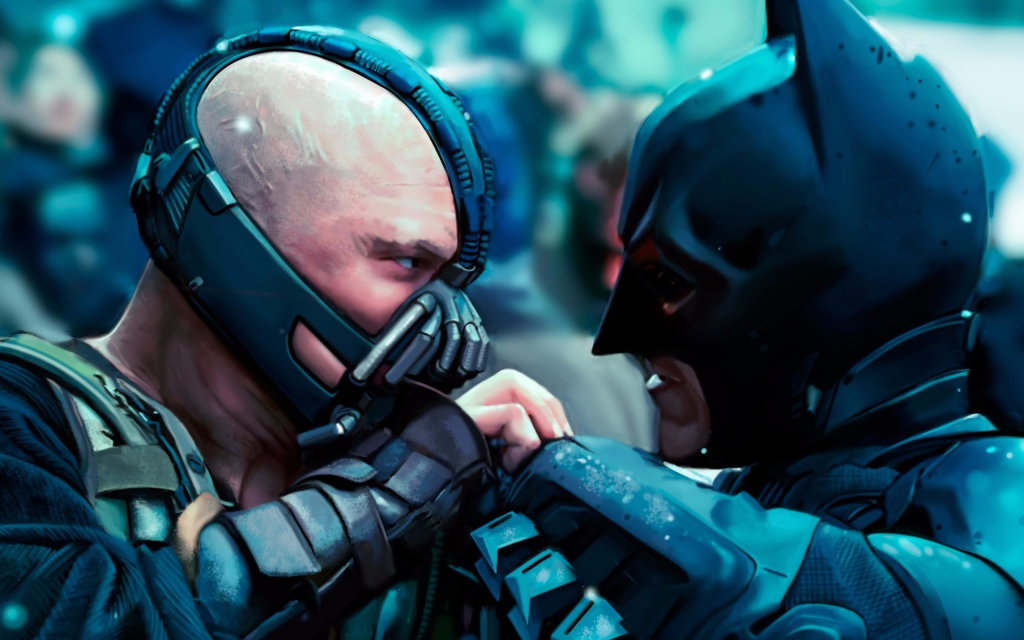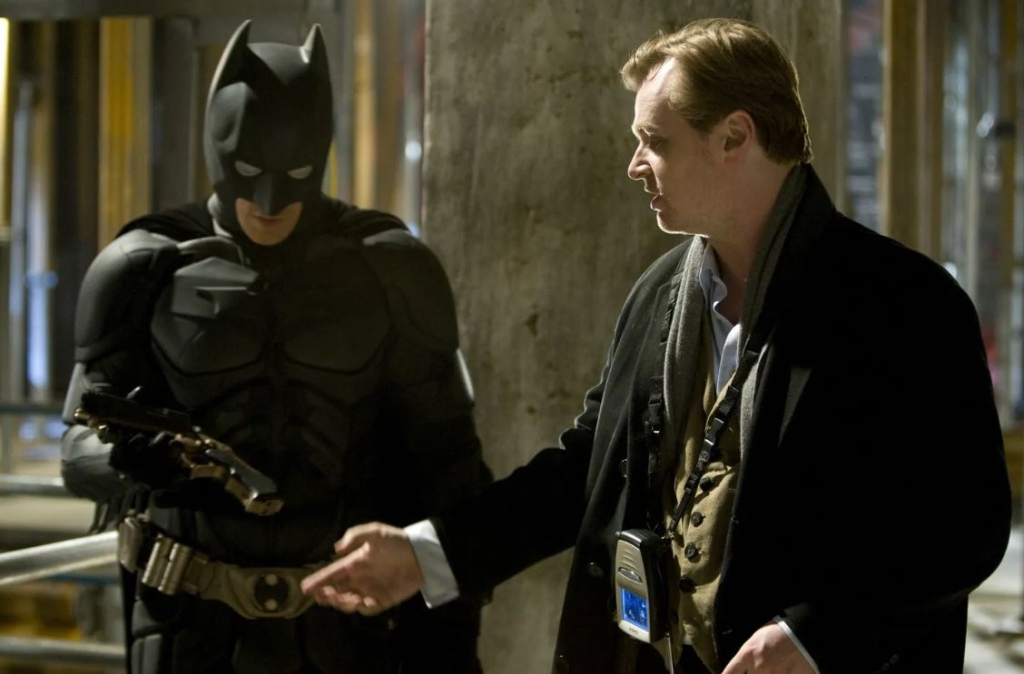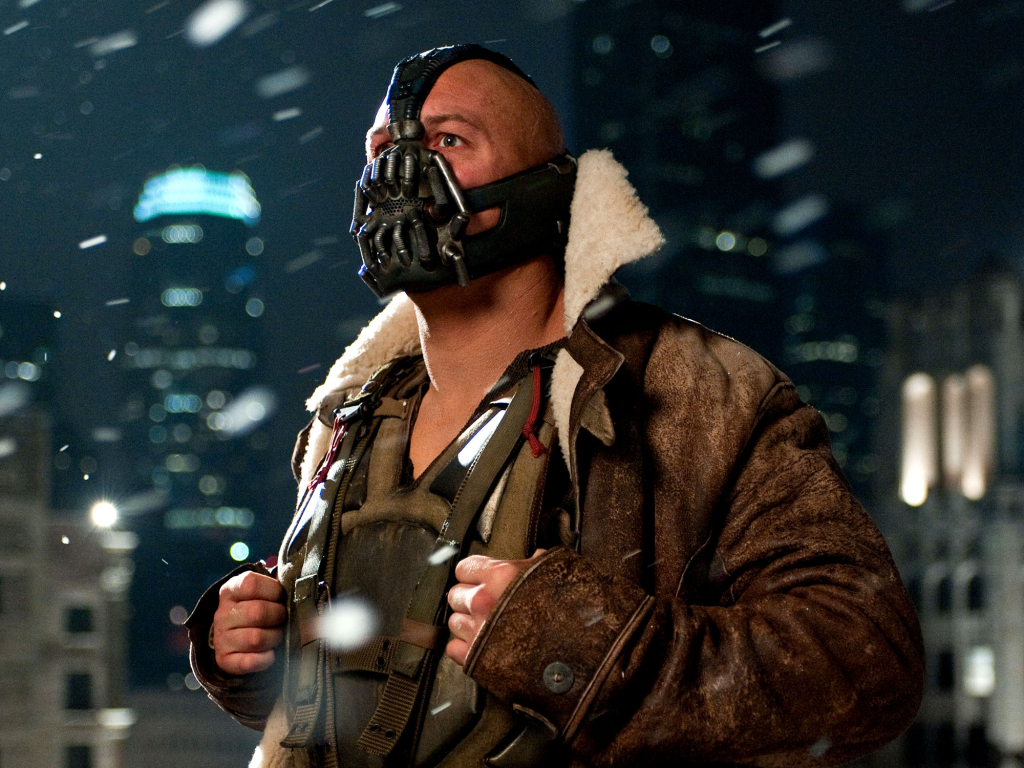The Dark Knight Rises – A Cinematic Triumph Worth Revisiting
When Christopher Nolan unleashed The Dark Knight Rises in 2012, he didn’t just conclude a trilogy—he redefined the superhero genre, leaving audiences breathless and critics scrambling to dissect its layers. Eight years after Batman vanished into the shadows in The Dark Knight, this film brings Bruce Wayne’s story full circle, blending gripping action, emotional depth, and a haunting exploration of heroism. Whether you’re a die-hard fan or a newcomer to Gotham’s gritty streets, this cinematic masterpiece demands attention. Below, we dive into the heart of The Dark Knight Rises, exploring its plot, characters, themes, and enduring legacy.
A Grand Introduction to Gotham’s Final Chapter
The Dark Knight Rises is the third and final installment in Christopher Nolan’s revered Dark Knight trilogy, following Batman Begins (2005) and The Dark Knight (2008). Released on July 20, 2012, the film stars Christian Bale as Bruce Wayne/Batman, with a stellar ensemble cast including Tom Hardy as the menacing Bane, Anne Hathaway as the enigmatic Selina Kyle (Catwoman), and Joseph Gordon-Levitt as the idealistic John Blake. Nolan, who co-wrote the screenplay with his brother Jonathan Nolan and David S. Goyer, crafts a story that’s as much about personal redemption as it is about societal collapse.

Set eight years after the events of The Dark Knight, Gotham City enjoys a fragile peace, thanks to the Dent Act—a law inspired by the late Harvey Dent’s supposed heroism. Batman has taken the fall for Dent’s crimes, disappearing into obscurity while Bruce Wayne lives as a recluse, crippled by loss and physical decay. But this calm shatters when Bane, a brutal revolutionary with a mysterious past, emerges to plunge Gotham into chaos. What follows is a sprawling, 165-minute epic that tests the limits of its hero, its city, and its audience’s emotions.
The film’s $250 million budget is evident in its breathtaking visuals—shot in IMAX for stunning clarity—and Hans Zimmer’s thunderous score, which amplifies every moment of tension. From the jaw-dropping plane hijacking in the opening sequence to the climactic battle on Gotham’s streets, The Dark Knight Rises is a spectacle that balances blockbuster scale with intimate storytelling.
The Plot: A City on the Brink
The story begins with a deceptive tranquility. Gotham has moved on from the Joker’s reign of terror, but Bruce Wayne has not. Hobbled by injuries and haunted by the death of Rachel Dawes, he’s a shadow of the Batman he once was. Meanwhile, Bane—a towering, masked mercenary—arrives with a chilling plan to “liberate” Gotham by destroying it. His first move? A daring mid-air heist that showcases his raw power and intellect, setting the tone for the threat ahead.

As Bane’s scheme unfolds, he traps Gotham’s police force underground, seizes control of the city, and unleashes anarchy under the guise of revolution. He exposes the truth about Harvey Dent, shattering the city’s fragile hope, and forces Bruce to confront his own failures. Captured and broken—both physically and spiritually—Bruce is thrown into a hellish prison, a pit from which escape seems impossible. Yet, it’s here, in his lowest moment, that he rediscovers his will to rise.
Back in Gotham, unlikely heroes emerge. Selina Kyle, a cunning thief with her own moral code, dances between ally and adversary. John Blake, a young cop with a keen sense of justice, rallies the resistance. And Alfred (Michael Caine), Bruce’s loyal butler, delivers some of the film’s most heartbreaking moments as he pleads for his surrogate son to abandon his crusade. The final act builds to a showdown that’s as much about sacrifice as it is about survival, culminating in a twist that leaves viewers questioning Batman’s fate.
Characters: A Tapestry of Strength and Flaws
Christian Bale’s Bruce Wayne is the soul of The Dark Knight Rises. His portrayal captures a man teetering between despair and determination, making his transformation from broken recluse to reborn hero profoundly satisfying. Tom Hardy’s Bane, though masked and muffled, is a force of nature—his physicality matched only by his chilling ideology. While some criticized his voice as hard to decipher, it adds to his otherworldly menace.

Anne Hathaway’s Selina Kyle steals every scene she’s in, bringing wit, agility, and a hint of vulnerability to a role that could’ve easily been overshadowed. Joseph Gordon-Levitt’s John Blake serves as the film’s moral compass, hinting at a future beyond Bruce’s tenure as Batman. The supporting cast—Gary Oldman as the steadfast Commissioner Gordon, Marion Cotillard as the deceptive Miranda Tate, and Morgan Freeman as the ingenious Lucius Fox—grounds the story in humanity amid the chaos.
Themes: Rising from the Ashes
At its core, The Dark Knight Rises is about resilience. Bruce’s journey mirrors Gotham’s: both must fall to rise stronger. The film explores sacrifice—whether it’s Batman’s willingness to die for his city or Alfred’s quiet suffering as he watches Bruce court destruction. It also tackles societal fragility, with Bane’s faux-revolution exposing the thin line between order and anarchy.
Nolan weaves in echoes of classic literature, notably Charles Dickens’ A Tale of Two Cities, with its themes of revolution and redemption. The pit prison recalls Dante’s Inferno, a descent before an ascent. Yet, the film never feels weighed down by its ambitions; it’s a visceral, emotional ride that trusts its audience to connect the dots.
Cinematic Craftsmanship: Nolan’s Vision
Visually, The Dark Knight Rises is a triumph. Cinematographer Wally Pfister’s use of IMAX cameras immerses viewers in Gotham’s sprawling decay and epic battles. The plane hijacking, the stadium explosion, the motorcycle chases—all are executed with precision that blends practical effects with CGI seamlessly. Zimmer’s score, with its relentless percussion and haunting chants, drives the tension to a fever pitch.

Nolan’s direction ensures every frame serves the story. The pacing, though deliberate, builds momentum toward a finale that ties up loose ends while leaving room for interpretation. The film’s 81% Rotten Tomatoes score and $1.08 billion box office haul reflect its critical and commercial success, though some debated its coherence compared to The Dark Knight. Still, its ambition is undeniable.
Legacy: A Trilogy’s Enduring Echo
The Dark Knight Rises isn’t flawless—its sprawling plot occasionally stumbles, and Bane’s grand plan raises logistical questions. Yet, its strengths overshadow its flaws. It caps Nolan’s trilogy with a bold, satisfying conclusion that honors Batman’s mythos while pushing it into new territory. Years later, it remains a benchmark for superhero films, influencing the genre’s shift toward darker, more grounded narratives.
For fans, the film’s final moments—Bruce’s apparent sacrifice, the reveal of his survival, and Blake’s hinted destiny—spark endless debate. Is it a perfect ending? A bittersweet farewell? Whatever your take, it’s a testament to Nolan’s ability to provoke thought long after the credits roll.
Final Thoughts: Thank You and an Invitation
Thank you for joining me on this deep dive into The Dark Knight Rises. Writing about this film has been a joy, revisiting its thrills and unpacking its richness. If you’ve enjoyed this journey through Gotham, I invite you to explore more articles—whether about Nolan’s other works, the evolution of superhero cinema, or something entirely different. There’s always more to discover, so stick around and let’s keep the conversation going!
